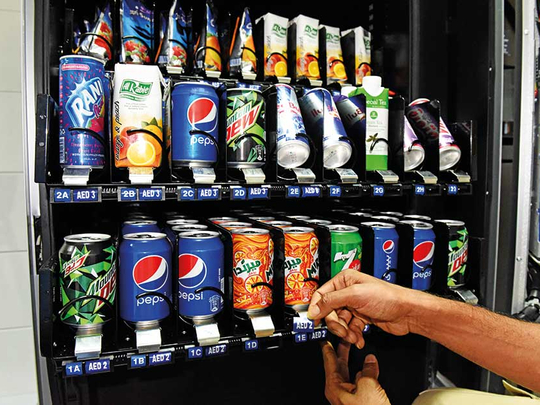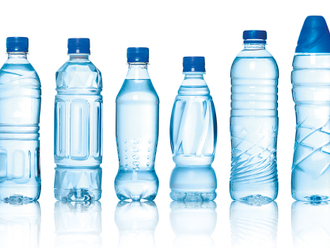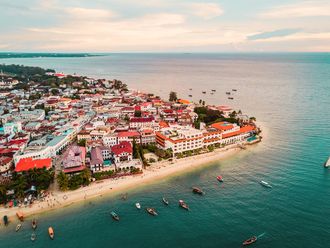
Dubai
Residents having trouble stopping, or limiting consumption of soft drinks — now that taxes have made them more expensive — still have an option to quench their thirst in a healthy way, experts said.
The UAE started implementing sin taxes on Sunday to limit consumption of products that negatively impact people’s health to help build a healthier society.
Through excise tax the government has imposed 50 per cent tax on soft drinks and 100 per cent tax on energy drinks. There is 100 per cent tax on cigarettes too.
Maya Kobeissi, Registered Dietician at Omnicare Medical Centre, lauded the legislation after positive results were seen in some countries when similar taxation had been introduced.
“I think it’s a good initiative by the government because if you look at what happened in some countries in Europe after the implementation of these taxes, there was a decrease in consumption of these products, which indirectly targeted obesity rates,” Kobeissi told Gulf News.
According to a report by the World Health Organisation, taxes on sweetened beverages loaded with sugar would result in “proportional reductions in consumption, especially if aimed at raising the retail price by 20 per cent or more.” The reduction in consumption indirectly affects obesity rates as there is less access to “free sugars”.
Kobeissi said limiting or removing soft drinks in one’s diet is doable and consumers have nothing to worry about.
“When you are a high consumer of soft drinks, you’re hooked to the fizzy taste. Also there’s sugar content that your body is constantly asking for. The good news is, once you wean off and start to reduce consumption, your body won’t ask for these types of drinks anymore. Your body won’t require this fizzy feeling. It becomes easier when you start to wean off, and even easier after two to three weeks.”
Kobeissi said there are alternatives to soft drinks that are also accessible in the market.
“They can have flavoured sparkling water or fruit-infused water. For me, water will remain as the number one thirst quencher. It’s the best option to have and cover your daily needs in liquids,” Kobeissi said.
Juliot Vinolia, Clinical Dietician at Medeor 24X7 Hospital, said people can mix and match drinks according to their liking.
“It’s not like everybody is drinking soft drinks for the taste or anything. It’s for the aeration in it. It helps in digestion if you had a heavy meal to make you feel good. Some people just drink it for the taste. So they can simply add carbonated water to normal fresh juice,” Vinolia said.
“Soft drinks are loaded with calories. If you have carbonated water with zero calories and mix it with fresh juice, it’s the best option. To improve digestion, they can also have laban.”
Vinolia said residents buying retail soft drinks will not feel the pinch of one or two tins from groceries, especially if they have higher disposable income. But if they eat out at restaurants where meals come with soft drinks, they might.








